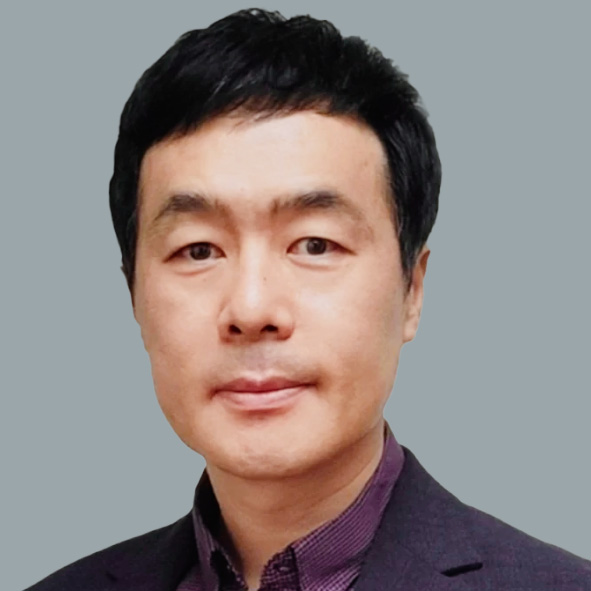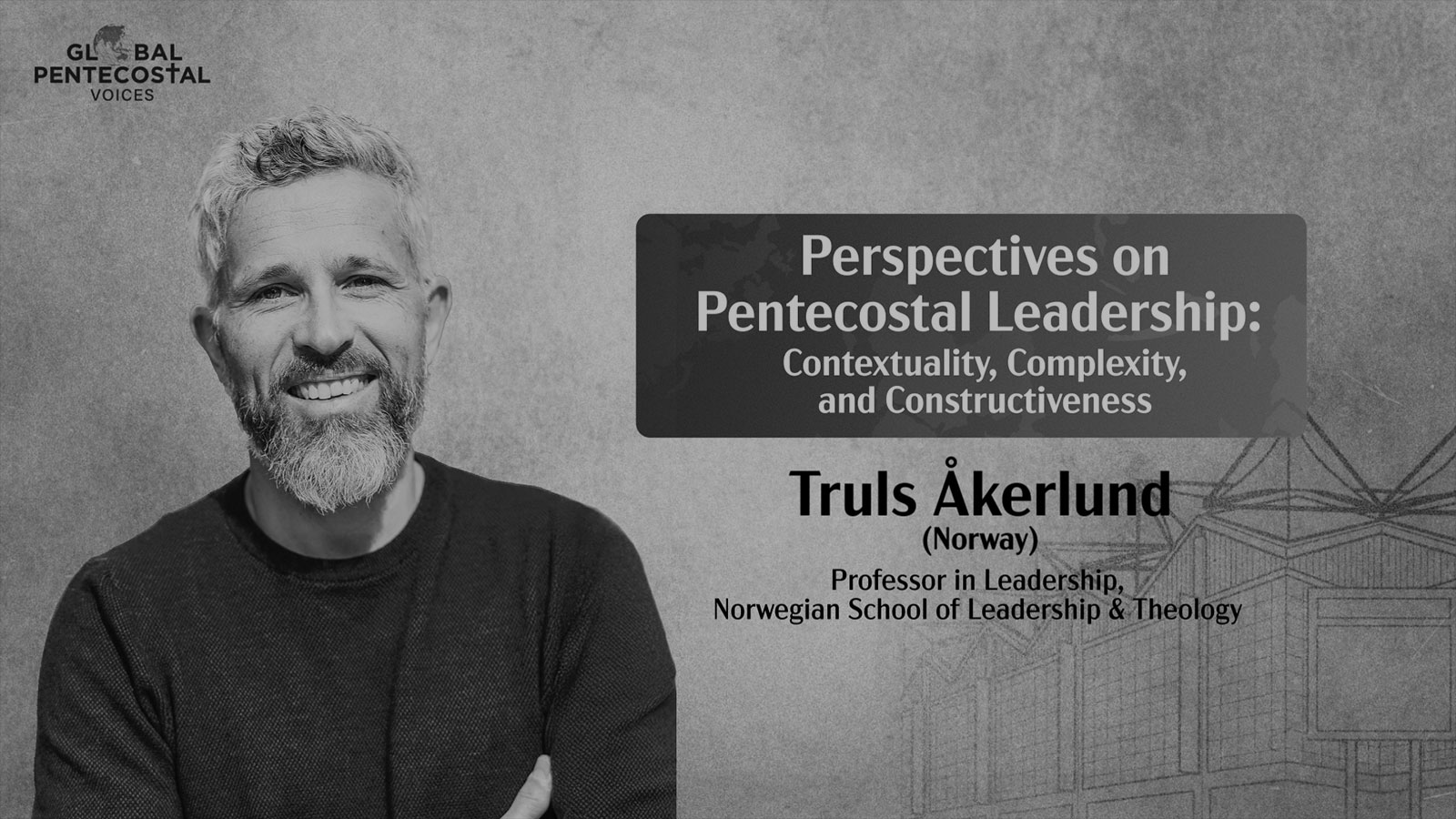Academic Dean, Asia Pacific Theological Seminary
President, Asia Pentecostal Society

Jun Kim is the academic dean and faculty member at Asia Pacific Theological Seminary in the Philippines, where he has dedicated many years to theological education and leadership development. He also serves as president of the Asia Pentecostal Society, a leading network of Pentecostal scholars and leaders in the region.
Dr Jun holds a PhD from the Oxford Centre for Mission Studies and is ordained by the Korean Assemblies of God. With years of experience in theological education and leadership development, Dr Jun has taught extensively in biblical studies, theology, and church leadership. His research focuses on Pentecostal theology, ecclesiology, and missiology. A respected educator and scholar, Dr Jun has significantly shaped theological discourse in the Asia Pacific, mentoring a new generation of leaders committed to academic excellence and effective ministry. His work continues to foster dialogue between Pentecostalism and other Christian traditions, inspiring the growth of Pentecostal theological education and its impact on global mission. He is also the author of The Korean Healing Movement, published by APTS Press.

Leadership is a complex phenomenon that cannot be easily defined as a single concept. Still, it is often understood as a set of social processes that influence people towards common goals—an approach that I will follow in this study. Drawing from general leadership theory and research on Pentecostal leadership, I will emphasise the interaction between leaders, followers, and the spiritual dimension, leading to a constructivist perspective on leader-follower relationships. The article will first address leadership in various settings, emphasising the need to contextualise leadership in different cultures, but also keeping an analytical distance to avoid dominating discourses that break with Christian perspectives. Second, I will discuss the complexity in Pentecostal leadership, especially the collaboration between divine and human interventions, the dialectic connection between agency and structure, and the ambivalence and tension between leaders and followers in ecclesial settings. Finally, I will highlight the constructive relations between leaders and followers. While leaders hold a formal position, leadership is also a social phenomenon effective only if it makes sense to church members, implying that the leader’s task is not to create everything from scratch but to build relationships and draw from the resources and spirituality present within the congregation.
© 2025 City Harvest Church. All Rights Reserved.